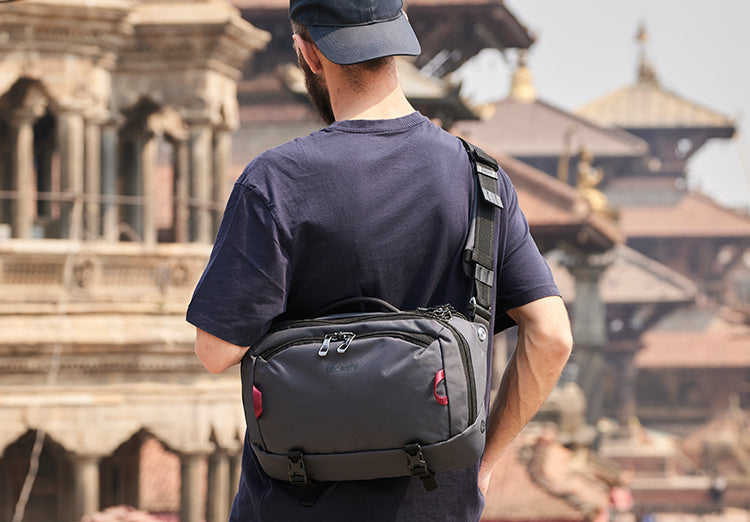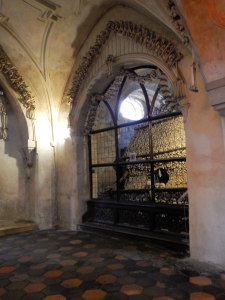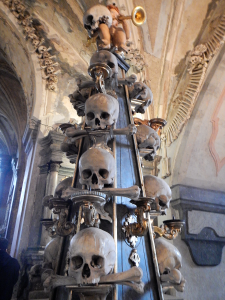Click here to sign up for 10% off your first order.|Free shipping for all orders to Hong Kong|Start Whatsapp live chat here
Click here to sign up for 10% off your first order.|Shipping fee for all orders to Macau - HKD 30 |Start Whatsapp live chat here
Click here to sign up for 10% off your first order.|Free shipping for all orders to Hong Kong|Start Whatsapp live chat here
Click here to sign up for 10% off your first order.|Shipping fee for all orders to Macau - HKD 30 |Start Whatsapp live chat here

















